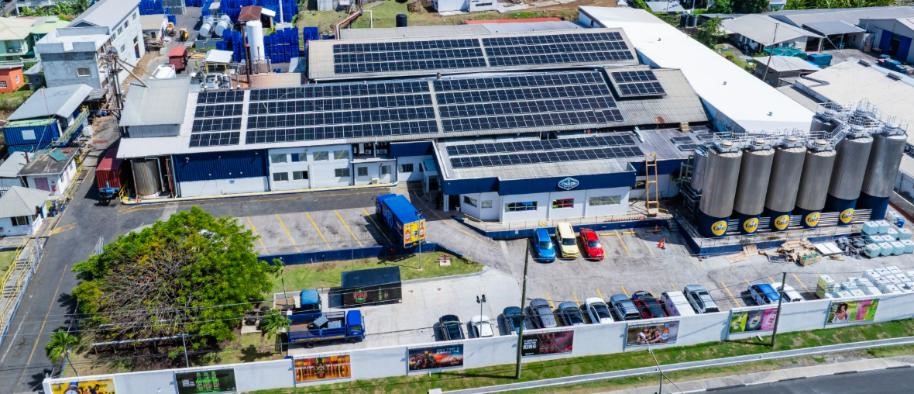A significant labor movement is gaining momentum in Belize as the National Trade Union Congress of Belize (NTUCB) launches a groundbreaking initiative to unionize the country’s rapidly expanding Business Process Outsourcing (BPO) sector. Through its newly established Youth Vanguard division, the organization is championing the rights of thousands of young employees who form the backbone of this critical industry.
The BPO sector, which provides steady employment for recent high school graduates through data management and customer service roles, faces mounting criticism regarding worker treatment. Despite offering air-conditioned facilities and regular paychecks, many employees report feelings of disenfranchisement and vulnerability within their workplaces.
Ashley Longford, Director of the Youth Vanguard, has emerged as the central figure in this campaign. She characterizes the current situation as resembling ‘modern-day slavery,’ citing consistent patterns of worker disconnection and powerlessness. The unionization drive focuses primarily on educating young workers about their legal rights and labor protections under Belizean law.
Proponents argue that collective bargaining would establish crucial accountability mechanisms and provide essential safeguards for workers aged 18-30 who dominate the sector. They maintain that union representation would create a balanced power dynamic that ultimately benefits both employees and employers through structured dialogue.
However, the proposal has sparked intense debate across Belize’s economic landscape. Critics express concerns about potential impacts on foreign investment and job growth within this highly competitive global industry. These opposing viewpoints have set the stage for complex negotiations between labor advocates and industry stakeholders that have yet to formally commence.
The outcome of this movement could fundamentally reshape labor relations in one of Belize’s most important economic sectors, with implications for thousands of young workers and the nation’s broader economic development strategy.









